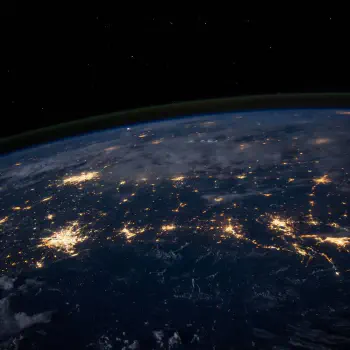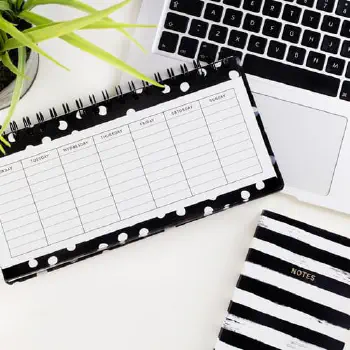
Picture of the lake ! 🙂
My last session for 2018 was by this lake at Sanjay Gandhi National Park. She and I spent two hours under a magnificent tree, occasionally squinting with the sun in our eyes, but also thankful for its warmth that muted the chilly breeze just enough to create that rare, perfect weather day. We had conversations about guavas, relationships, “life ke syaapey” and what “selfish” really means.
I’ve been reflecting on how the experience of this alternative space for therapy has been for me. The idea of an alt-space was suggested by the client, I consented, and the place was collaboratively decided.
What I particularly loved about this alt space was the immediate dissolution of power that took place by that lake. The birds were witness.
The thing is, a skewed power dynamic is almost always automatically present between a therapist and client. The therapist is considered “the expert” and the client is “someone who is suffering, thus cannot think clearly, thus needs solutions, thus needs to be told.”
Power is in favour of the therapist.
This is not only present in people’s understanding of therapeutic relationships, but in therapists’ understanding of them too.
The client is automatically in the margins due to problematic, systemic reasons:
- The stigma around mental health concerns/mental illness and help-seeking via therapy.
- The additional layers of “othering” that may take place due to gender identity, sexual orientation, caste, class, religion, age, disability.
Probably more reasons that I’m missing out on that only lived experience knowledge can provide.
I am a cis-het, able-bodied, Brahmin woman and I am sitting in a pool of privilege that I need to be accountable to and aware of every day in my work with people.
In this past year, my training in narrative therapy and the social justice movements happening around me have given me the opportunity to do just that. To learn, unlearn, and relearn a lot about the privileges I come with and bring into my work.
This continuous learning process compels me to work on little actions I can do to start somewhere. To maybe start with the work I do.
Actions that dismantle this skewed power dynamic between therapist-client and move closer to my hopes of creating a relationship founded on solidarity and equal respect with my clients.
Actions that dismantle power are also actions that recognize, respect, amplify that every person – EVERY person – has agency.
Every person is an expert in their own lives.
That Monday morning, I discovered a new action to add to my list: Being open to alternative therapy spaces.
You see, there is intimidation that often accompanies a clinic space or a therapist’s office. Intimidation that might perpetuate, feed into, maintain that skewed power dynamic. The table in between the therapist and client, the therapist’s back-rest being higher than the client’s chair/couch, the therapist taking notes as the client talks, the therapist presenting interpretations of client behaviour as if theories of psychology are the only truths to exist.
It all adds to the whole shebang.
When my client expressed the discomfort she feels in a clinic space to me and suggested an open space, it got me thinking about how I did not consider this before.
There we were, sitting by the lake. As if a layer was sliced off of my proverbial pedestal. Or maybe a layer was added to hers.
Or maybe by that lake, there was no pedestal.
Maybe by that lake, it was just us and our truths.
I left the session feeling immensely thankful for her, her honesty, her courage. The comfort, presence, transparency between us felt elevated.
I was breathing better.
This experience brought me face to face with a new kind of all-consuming hope. One that I seldom meet, but when I do, it is radical.
The twigs in my hair were my souvenirs.
I’m incredibly excited about these alternative spaces and I intend to float this idea with other people I meet in therapy.
Hello, possibilities!
If you would like to know some alternate spaces for therapy, here are some places suggested by our community over on Instagram. Remember, it’s all about co-finding a space that’s comfortable, intimate and convenient for two of you. If the thought of a new space for a few sessions doesn’t fit right with your counsellor for any reason, don’t worry! There are many other ways you can propose making a therapy space less intimidating, without a shift in venue. More on that in a future article! 🙂
You got this.




















